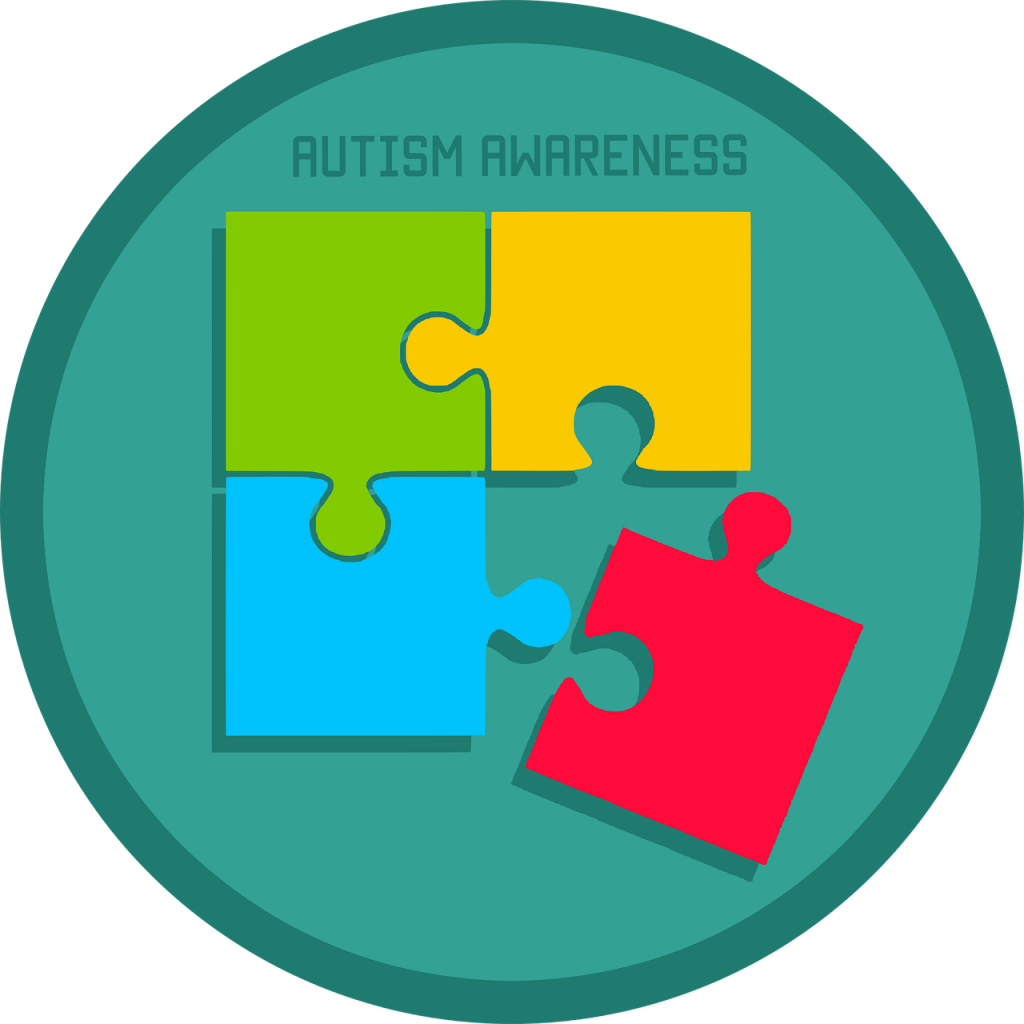
“Autism is a lifelong developmental disability which affects how people communicate and interact with the world. One in 100 people are on the autism spectrum and there are around 700,000 autistic adults and children in the UK.” (National Autistic Society)
Students who are on the autism spectrum studying in higher education can face “difficulties with new situations and unexpected changes, social relationships, problems with information processing and time management and have doubts about disclosure.” (Van Hees et al.,2015). However, with adequate support and inclusive teaching practices it is possible as Dr. Laurent Mottron, a professor of psychiatry at the University of Montreal says ‘Autism Can Be an Advantage‘.
A guide to best practice in supporting higher education students on the autism spectrum has been produced as the result of a EU project and it has some advice for both mangers and academics. There is also a tool kit for students.
Examples of support that may help include:
- assessment and support plans by university disability teams
- extra time and a separate room in exams
- permission to use laptop computers to type written exams
- clarification of ambiguous wording by an assistant in exams and study assignments
- assistive software on all university computers, or for individual use
- personal mentoring or coaching
- all lecture slides provided in advance and permission to record lectures
- special arrangements for group work and oral presentations
- maps, written directions and other support to help with finding study locations
- extra involvement by study advisors,including extra time allocated to planning, and conveying information about the student’s needs to academic staff
SCIPS teaching and learning strategies highlighting Computing and Autistic Spectrum Disorders
